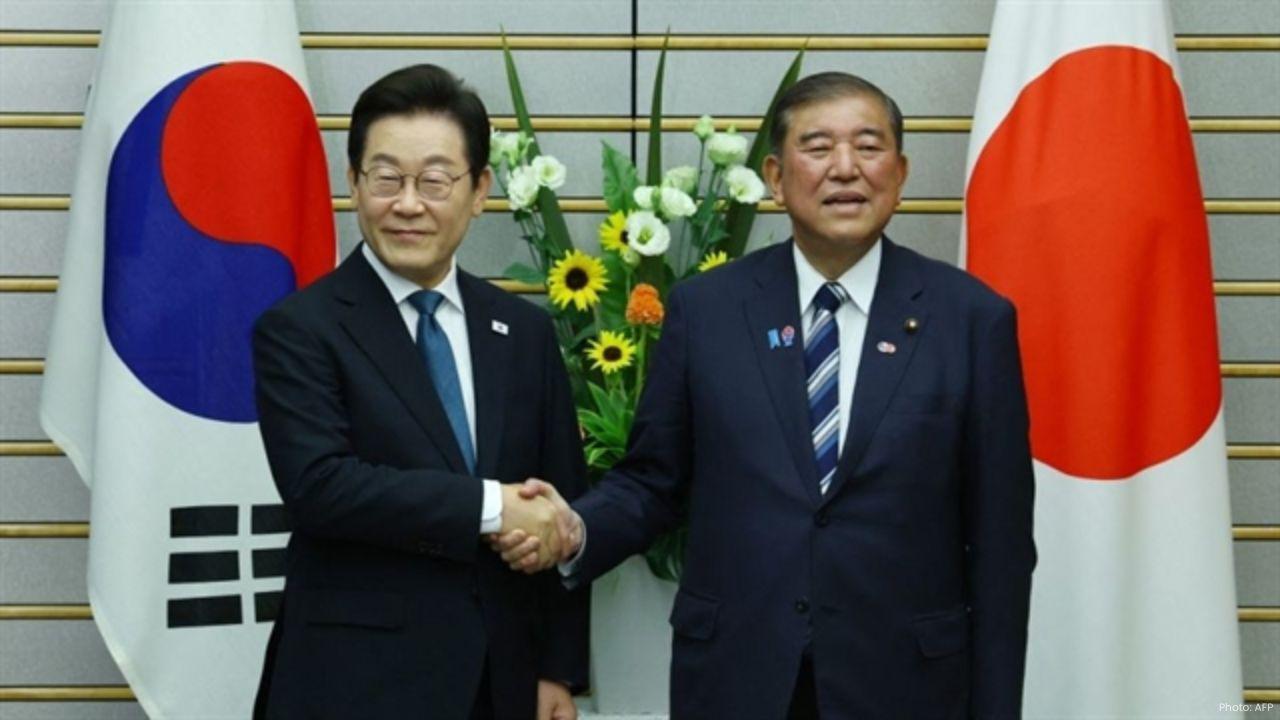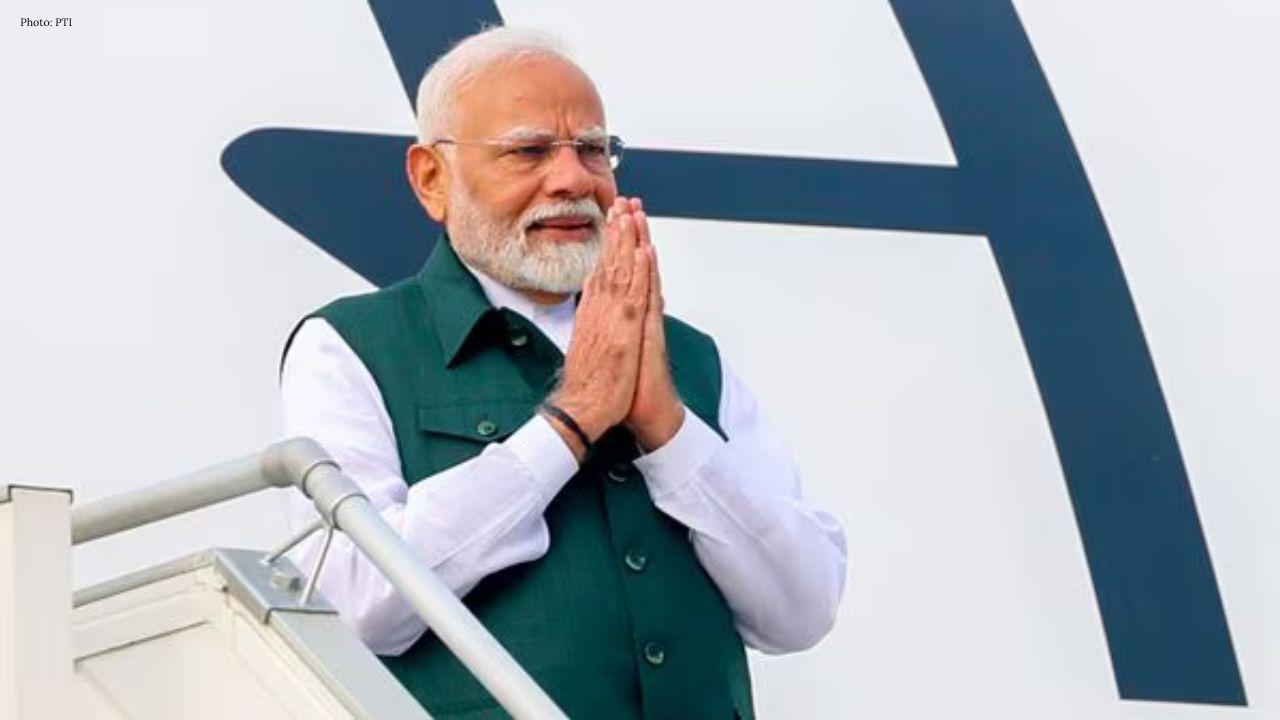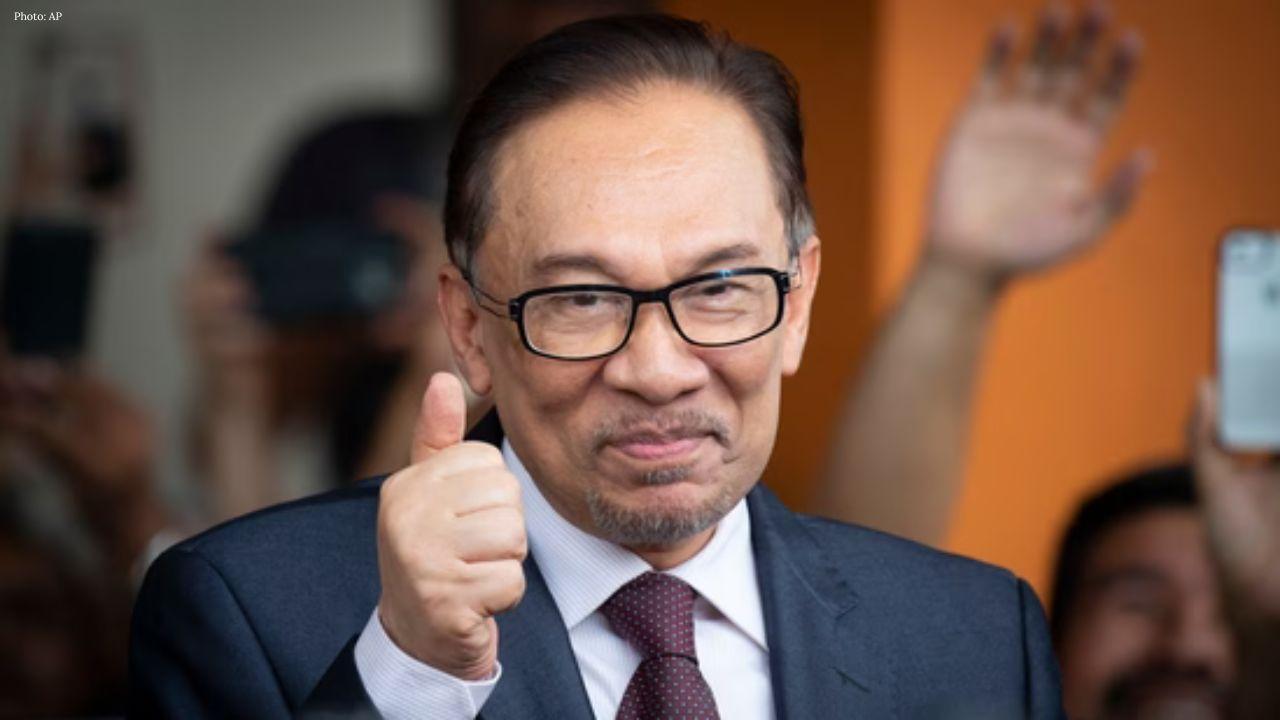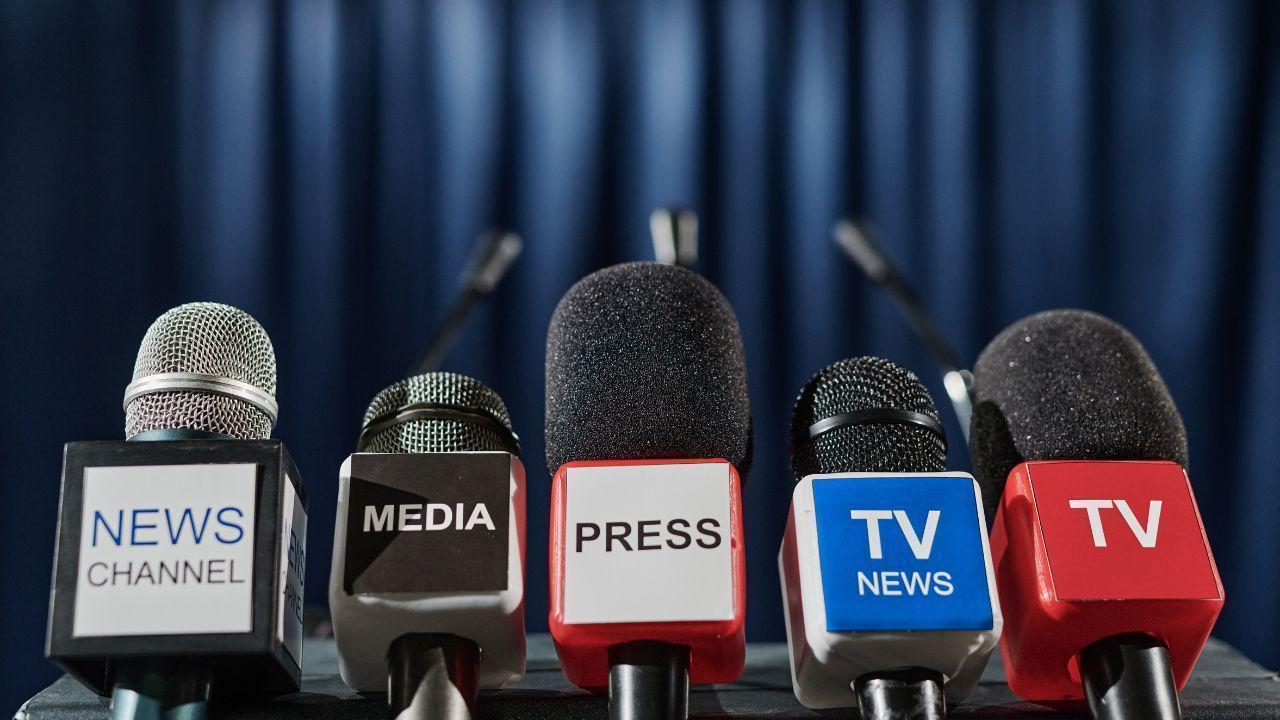You have not yet added any article to your bookmarks!

Join 10k+ people to get notified about new posts, news and tips.
Do not worry we don't spam!

Post by : Meena Ariff
In a historic development for East Asia, the top leaders of South Korea and Japan held the first joint summit in 17 years and issued a joint statement, signaling the beginning of a renewed era of cooperation between the two nations. The meeting took place in Tokyo, where South Korean President Lee Jae Myung met Japanese Prime Minister Shigeru Ishiba. This summit marked the resumption of “shuttle diplomacy,” a practice where leaders of the two countries visit each other frequently to maintain steady dialogue and strengthen diplomatic ties.
President Lee’s visit to Japan was his first official overseas bilateral trip since taking office in early June 2025. Significantly, Lee became the first South Korean president since Park Chung-hee in 1961 to travel to Japan ahead of a visit to the United States, highlighting the importance of restoring close ties with Japan.
Joint Statement and Cooperation in Key Areas
During the summit, both leaders pledged to focus on “future-oriented ties” and announced the establishment of consultative groups to address shared challenges. These challenges include South Korea and Japan’s aging populations, declining birth rates, and slower economic growth in the region. By creating joint groups, the two countries aim to develop long-term solutions for these pressing societal issues.
In addition to social matters, both nations agreed to cooperate in modern technologies and clean energy initiatives. Key areas of collaboration include hydrogen energy, ammonia fuel, and artificial intelligence. These sectors are seen as essential for sustainable economic growth and technological advancement in both countries.
The leaders also agreed to expand their bilateral “working holiday” program to encourage more exchanges between citizens. The program allows young people to work and travel in each other’s countries, fostering cultural understanding and building long-term interpersonal ties. Participation in this program has already reached record levels, reflecting growing interest among both Koreans and Japanese in learning about each other’s culture and society.
Regional Security and Denuclearization
The summit highlighted the importance of regional security. Both countries confirmed their commitment to achieving the complete denuclearization of North Korea and enhancing trilateral coordination with the United States. Leaders acknowledged that cooperation in security matters is vital to maintain stability in East Asia and to respond effectively to any emerging threats.
President Lee stressed that open dialogue and regular meetings are essential to prevent misunderstandings and strengthen trust. His national security adviser, Wi Sung-lac, said the two-hour summit, which lasted longer than scheduled, was an opportunity for leaders to build confidence and develop closer ties through direct discussions.
Building Trust Through Dialogue
During the press conference, President Lee described South Korea and Japan as “neighbors who share a front yard,” emphasizing the proximity and intertwined destinies of the two countries. He explained that while South Korea and Japan have much in common and cooperate in many fields, unnecessary conflicts sometimes arise because of their closeness.
“The most desirable relationship between neighbors is one where unnecessary issues are corrected and cooperation is used to achieve mutual gains,” Lee said, highlighting the importance of mutual understanding and compromise in sustaining a healthy diplomatic relationship.
Cooperation Amid Global Challenges
Lee emphasized that cooperation between South Korea and Japan is becoming increasingly important due to global uncertainties. Both countries face international challenges, including trade tensions, geopolitical shifts, and security threats in the Asia-Pacific region. Despite these pressures, Lee pointed out that South Korea and Japan share similar ideological positions and strategic priorities, which can help them work together to tackle complex international issues.
As a sign of commitment to ongoing engagement, Lee extended a verbal invitation to Ishiba to visit South Korea and continue the shuttle diplomacy. This approach, where leaders travel frequently to each other’s countries, is designed to maintain continuous dialogue, build trust, and strengthen collaboration across multiple fields.
Cultural Exchange Strengthens Ties
Beyond political and economic cooperation, the summit included cultural and social interactions that highlighted people-to-people connections. Following the summit, Prime Minister Ishiba hosted a dinner featuring Japanese and Korean dishes, reflecting the blending of both cultures. Guests enjoyed Japanese-style curry, Korean braised chicken (jjimdak), Korean-style grilled eel, and Japanese peaches. The meal was complemented by traditional Korean soju, local Japanese beer, and wine. Wi Sung-lac noted that the dinner showed clear signs of harmony and mutual respect between the two nations.
Lee’s wife, Kim Hea Kyung, also participated in cultural workshops with her Japanese counterpart, Yoshiko Ishiba. The workshops, which lasted over an hour, focused on learning about Korean and Japanese crafts. Later, the two first ladies joined the leaders for dinner, emphasizing that cultural and social exchanges are a vital part of strengthening bilateral relations.
Historical Context and Future Prospects
The relationship between South Korea and Japan has been historically complicated. Lee, who has previously criticized Japan for failing to fully acknowledge historical grievances, stressed during his Liberation Day speech the importance of frank and frequent dialogue. He encouraged Japan to face the past responsibly while fostering forward-looking cooperation that benefits both countries.
In his interview with Japanese media, Lee reaffirmed that South Korea will continue to honor past agreements addressing sensitive historical issues, including wartime sex slavery and forced labor. Both leaders appeared committed to moving beyond historical disputes and focusing on building a partnership that addresses modern economic, technological, and security challenges.
The summit between South Korea and Japan marks a significant milestone in restoring bilateral relations. By focusing on shared goals in technology, energy, security, and cultural exchange, the two nations aim to build stronger, future-oriented ties. The revival of shuttle diplomacy, open dialogue, and trust-building initiatives could herald a new era of cooperation in East Asia. Experts say that this renewed engagement not only strengthens regional stability but also creates opportunities for long-term economic growth, technological innovation, and people-to-people understanding.










Bahrain Health Minister Meets Child Psychiatry Association Leaders
Discussions focused on strengthening child and adolescent mental health services and expanding preve

Bear Attack in Gua Musang Injures Teen Forager in Forest
19‑year‑old Orang Asli forager bitten by a bear in forest near Kampung Guh, Gua Musang rushed to hos

Saudi Arabia Braces for Multi‑Day Dust Storms and Strong Winds
Saudi Arabia’s National Center of Meteorology issues Red & Orange alerts as dust storms, strong wind

Cumilla Gas Cylinder Blast Injures Four Two Critical
Family of four, including a toddler, injured in Daudkandi, Cumilla gas cylinder blast two in critica

Social Media Sparks Deadly Mob Attacks on Bangladesh’s Star and Prothom Alo
Online incitement on Facebook fueled mobs to burn Dhaka newspaper offices and cultural centres, whil

Jailed Ex‑PM Imran Khan Gets Follow‑Up Eye Treatment Stable
Pakistan’s former prime minister received second eye injection at PIMS Hospital officials say he was